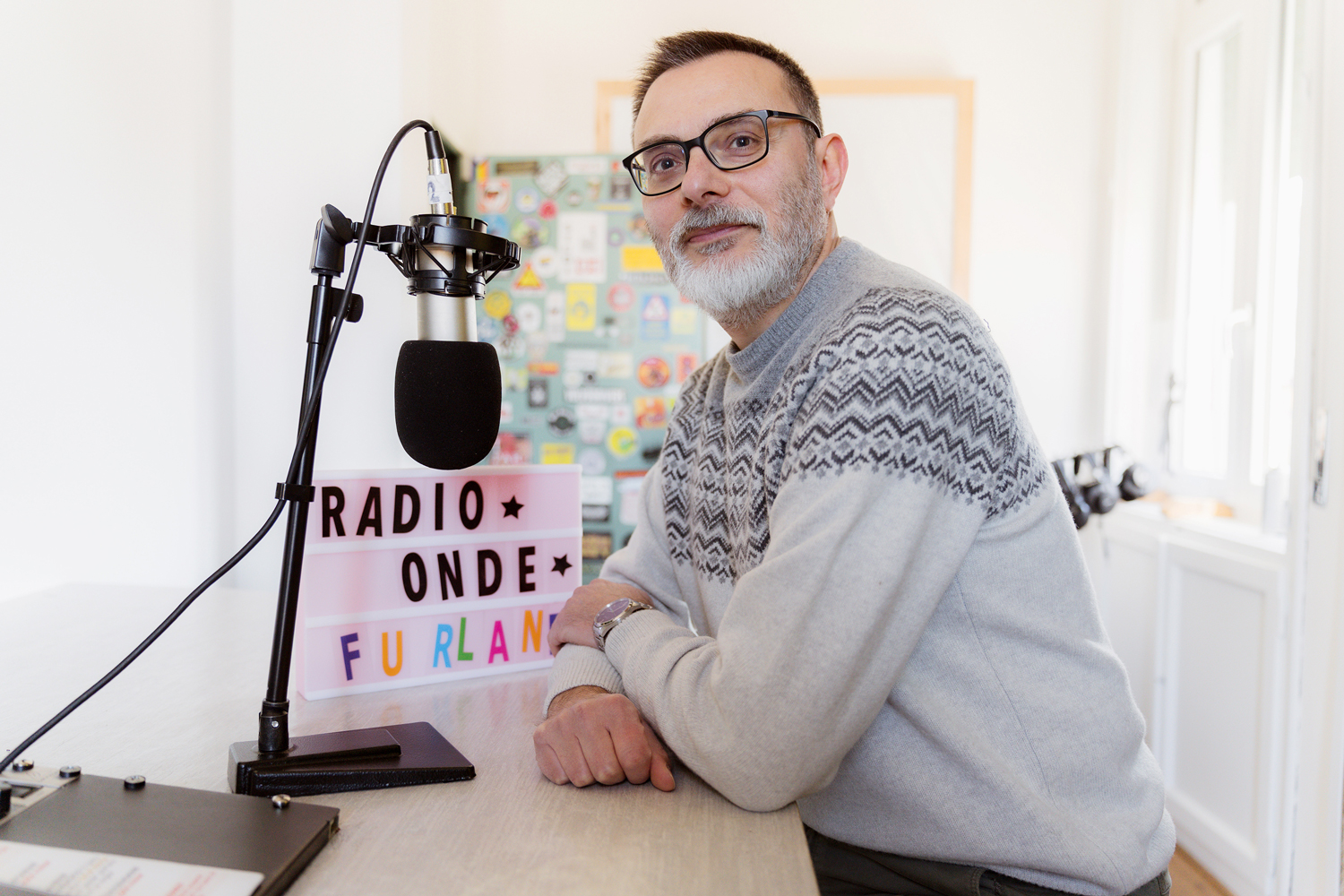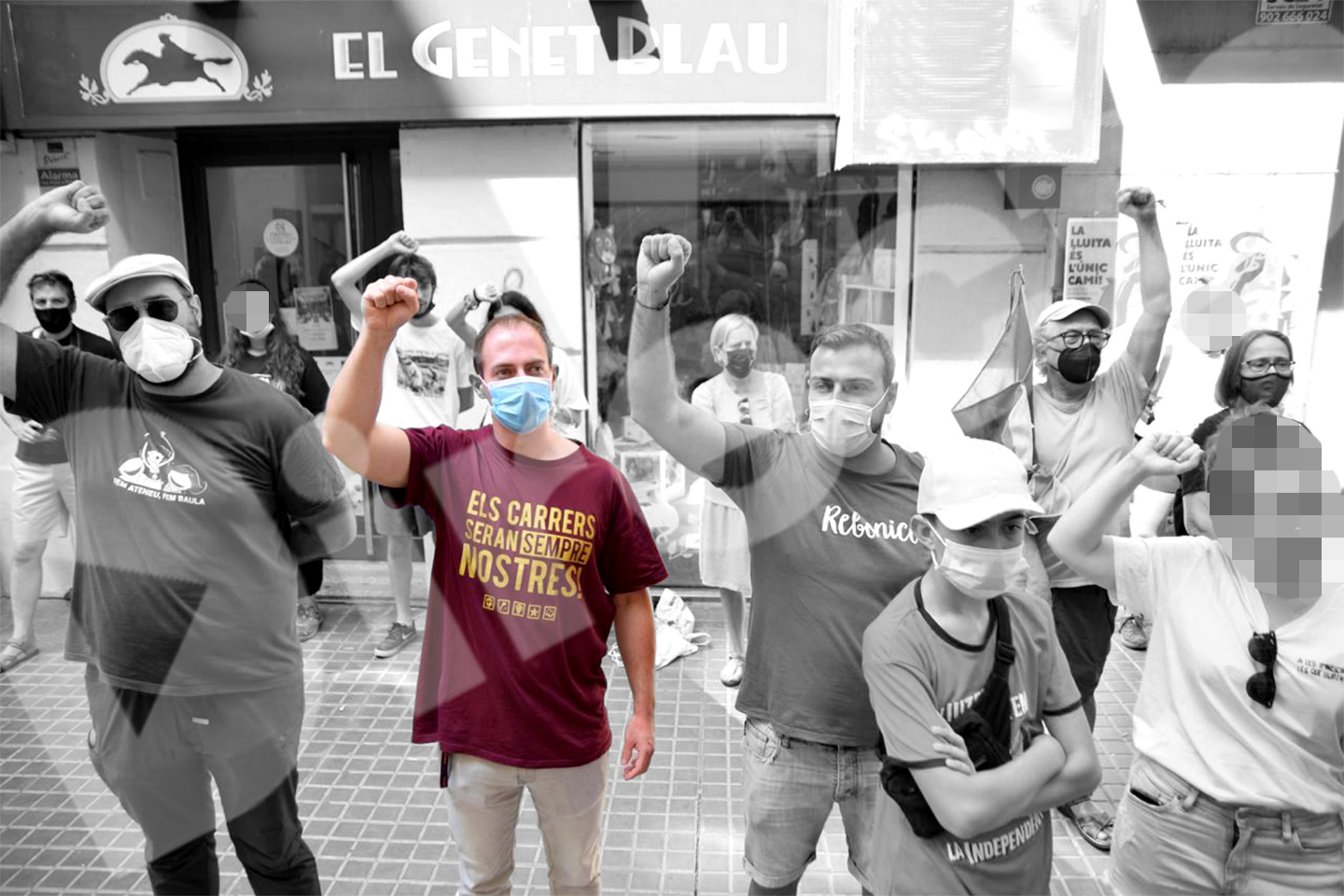
It all depends on the glass that we look behind. That is, our subjectivity is the key to explaining the world. From this phrase comes the figure of purple glasses invented by feminism, that to value the history of women and the presence of women in society it is necessary to wear purple glasses.
When I was studying history, our university had a great left-wing reputation. In a very consistent way, they offered, among others, some subjects that had the title of Women in the Old World, Archaeology of Women. But in those subjects, I only detected the surface of the problem. I would like to say that in the Roman era and in the world, in addition to men, there are also women, but I do not think it is very revolutionary, nor difficult to demonstrate.
The real change happened when I started researching on my own. Because I realized that many heavy weights circulating in historiography did wrong the work that corresponded to them, by inertia, by the shape of the molds and, above all, by the use of obsolete glasses miopes. I understood that it was not just about securing the presence of women, but about lying some things that had been told so far in a way. What was wrong? Well, it has not been said, for example, that in the riots prior to the French Revolution women were in the first ranks, or that the main promoters and managers of the Romanesque churches were women, or that the image of bertsolari and women coincided with each other, or that they laid the foundations of the construction of the Basque Country ...
The molds of the modern state (and with it cultural hegemonies) are used to make history
I later saw the same thing happening with minority cultures or stateless nations. It is not difficult to demonstrate that the molds of the modern state (and with it cultural hegemonies) are usually used to make history. One small example: my doctoral thesis was on the Romanization of the Pyrenees. So, surprisingly, I realized that most of the research was focused on the study of the Pyrenees in the Roman era, taking care of the current state borders! In other words, researchers (in the French or Spanish classic) only looked at what was within the framework of the contemporary borders of their state, as if there was no cross-border. Well, look, that's wrong with history, and the conclusions that come out are wrong.
The last surprise I had was with one of my favorite historians, Carlo Ginzburg. His most famous work, Il formaggio e i verni (Cheese and worms), tells the story of the miller Menocchio. It's an incredibly nice story, the most famous example of microhistory. The study is based on the documents of the Inquisition of the trial against Menocchio, more specifically the statements or statements contained in those documents. When it comes to research, words are key. And a big surprise when I realized the author never mentions that Menocchio made those statements in a language that wasn't theirs.
Although the region in which the trial was conducted today is the territory of the Italian State, Menocchio was not Italian, but Friulite. And, of course, the Italian state did not exist. Friuli was at that time the territory affected by the Republic of Venice. Apparently, Menocchio used the Venetian Tuscan language to answer the questions of the inquisitors, because he wanted to show that his questioned ideas did not belong to an “undetermined peasant who lived in Friulian”. For the trial, Menocchio left his usual language, the Friuli, and tried to speak, for convenience, in the language of political power. That is, there is a history of linguistic hegemony there, but Ginzburg does not perform socio-linguistic analysis in the book and is not interested in talking about linguistic dependence. So, in my opinion, research goes crazy and some important things for Menocchio's portrait are hidden.
It seems that with Carlo Ginzburg's glasses you didn't see those things, or maybe it's mine that's poorly focused? I will leave that in your hands. In this regard, I do what the author says at the beginning of the book How the Irish Saved Civilization:
"Throughout this history we will find several hosts, all of them basic and with something to say, and perhaps some think their story is the only one that exists. We will be human and listen to them without contempt. We will also try to see things from your point of view. But from time to time we will be blurring lions (i.e. losers), in which case each reader will have to know how to manage themselves."
Gozamen aparta bezain deskribatzeko zaila dakar, norbaiten hitzak irakurri edo entzun ostean, zera pentsatzeak: “Horixe zen neu aurreko hartan azaltzen saiatu nintzena!”. Idazlea eta itzultzailea da María Reimóndez, eta galegoz aritzen da, hizkuntza... [+]
Egypt ' s urban planning plan for the Gaza Strip has recently been expanded. A drawing shows the streets, buildings and imagery of the future on a reality that still smells of shrapnel and explosives. The urban planning proposal, used as another bomb shot. Individual house... [+]
Aurten "Israel Premier Tech" txirrindularitza talde israeldarra ez da Lizarraldeko Miguel Indurain Sari Nagusia lasterketara etorriko. Berri ona da hori Palestinaren askapenaren alde gaudenontzat eta munstro sionistarekin harreman oro etetea nahi dugunontzat, izan... [+]





















